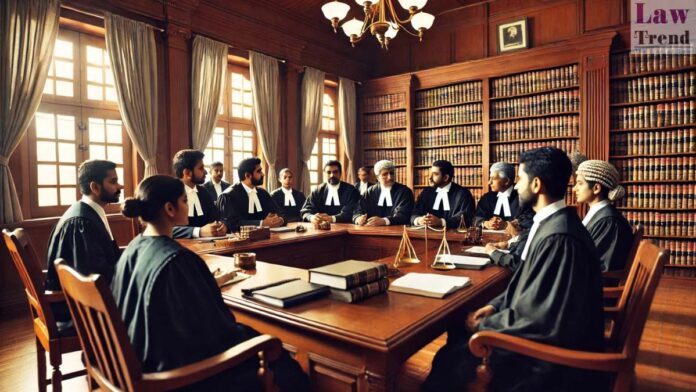The Supreme Court on Friday expressed the significance of a plea by Karnataka lawyers advocating for reservations for marginalized communities within bar associations, while simultaneously voicing concerns over potential divisions based on caste and religious lines. The plea, put forth by the All India Backward Classes Advocates Foundation and Karnataka SC/ST Backward Classes and Minorities Advocates Federation, seeks to implement reservations for Scheduled Castes, Scheduled Tribes, and Other Backward Classes in the governing council of the Advocates Association, Bengaluru (AAB).
The legal push follows a previous directive by the Supreme Court to reserve at least 30 percent of seats for women in AAB’s council, a move aimed at ensuring diversity. However, the Karnataka High Court declined the petition for similar reservations based on caste, prompting the appeal to the apex court.
During the hearing, the bench comprising Justices Surya Kant and N Kotiswar Singh acknowledged the gravity of the issue. “The issue is serious, and we have to deal with it carefully. However, we do not want the bar to be divided on caste and religious lines. It’s imperative that the bar does not become a political platform,” remarked Justice Kant.
Senior Advocate Madhavi Divan, representing the petitioners, highlighted the lack of representation from the SC/ST communities in the AAB’s Governing Council for the last 50 years. She argued that affirmative action in bar associations is essential to promote diversity and provide role models from these communities in the legal profession. “For so many years, there has been no representation, which is a serious concern for access and diversity within the legal community,” Divan stated.
Justice Kant responded with caution, noting the potential complexities of introducing such reservations. “We need to be mindful of not opening a Pandora’s box. When the Union government enforces reservations, they are supported by expert committee reports. We lack sufficient data at this moment to make a similar decision for bar associations,” he explained.
The court, after considering the arguments, agreed to hear the matter alongside another related case pending before it. Both matters are set to be discussed further on February 17.




